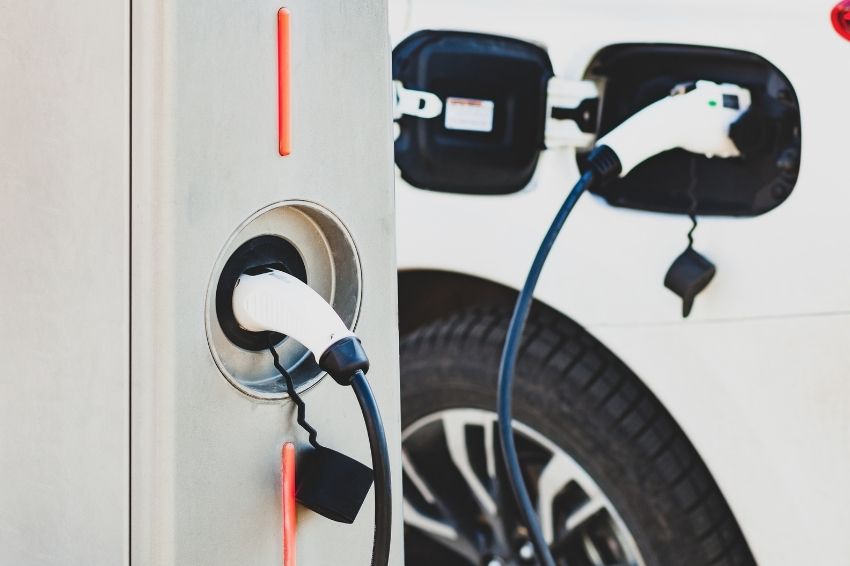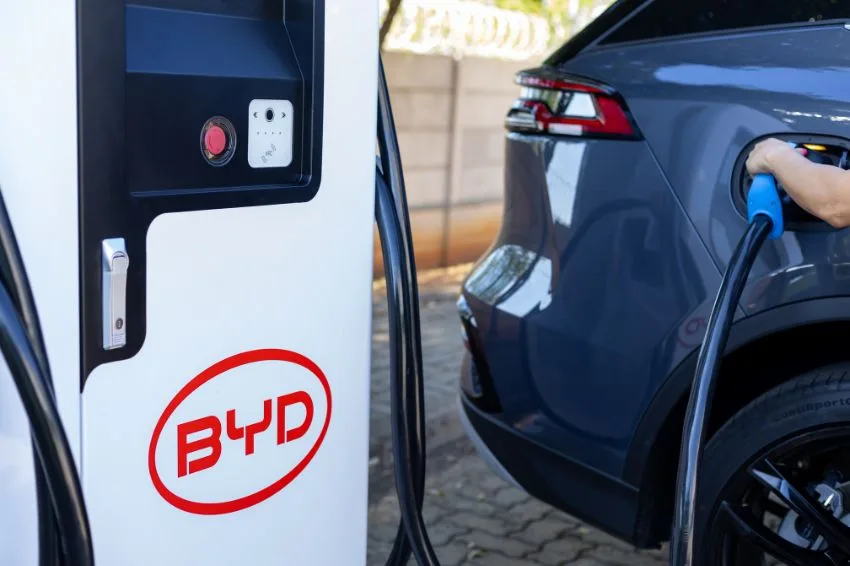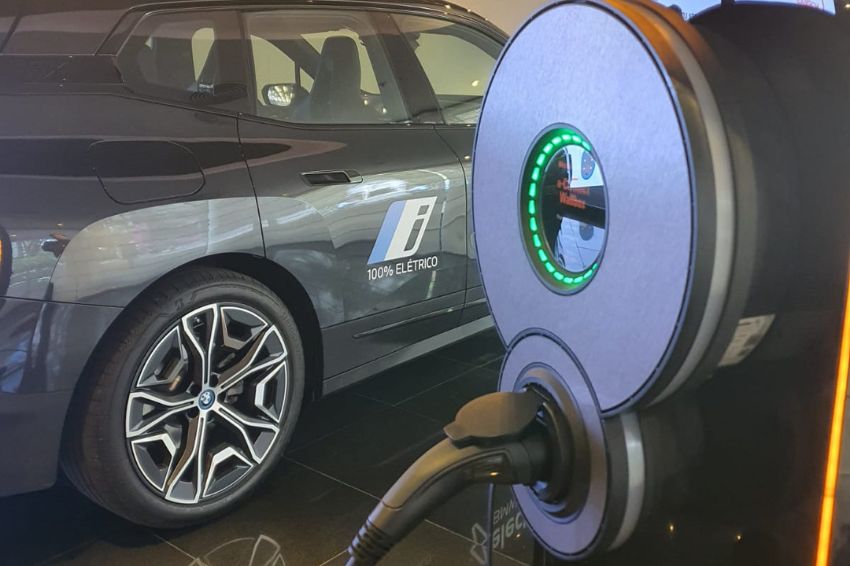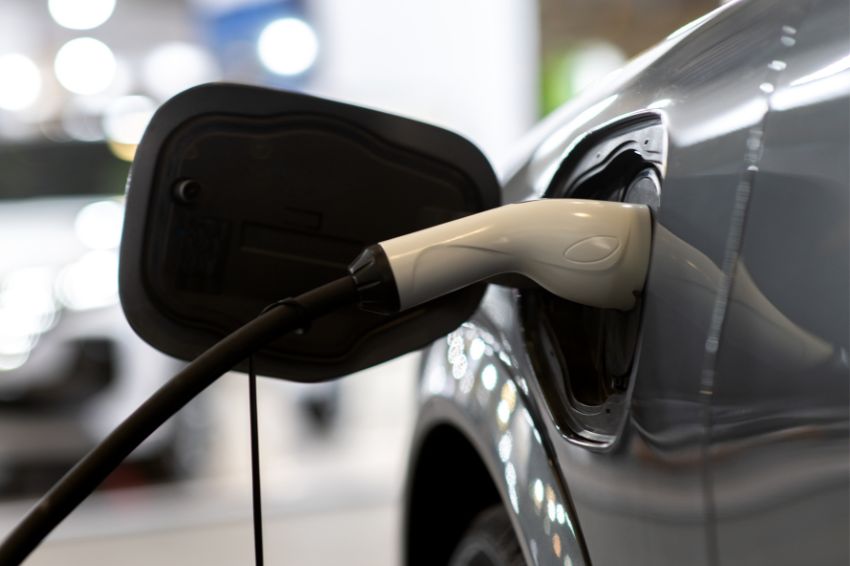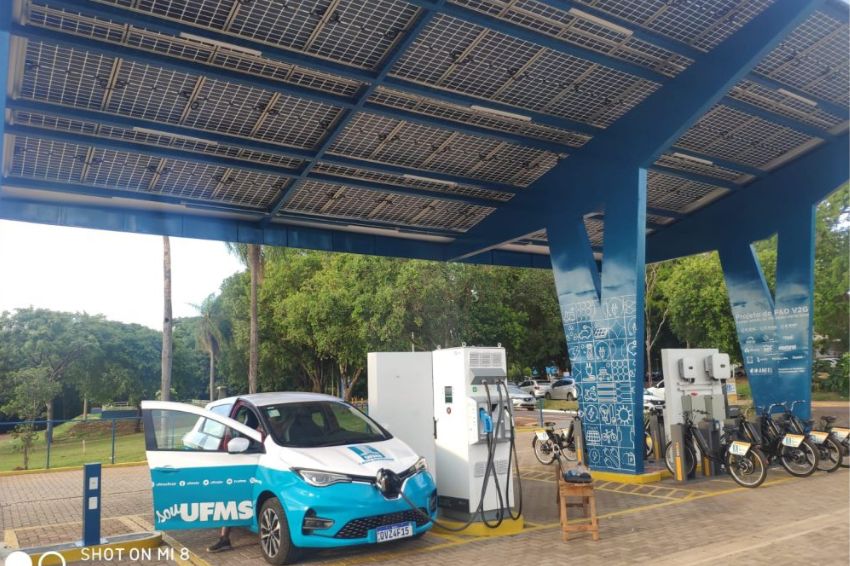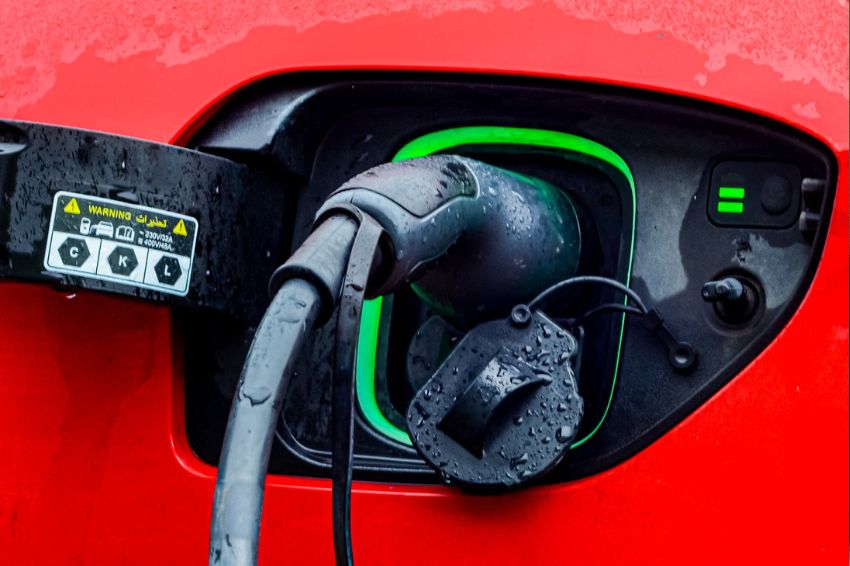Since last Wednesday (31), new buildings built in the city of São Paulo must have an EV (electric vehicle) charging system.
The requirement came into effect for commercial and residential building projects registered with the city hall from this date onwards. In other words, buildings that are already underway do not need to make such adjustments.
Projections of Zletric, a charging network for electric vehicles in Brazil, point out that the new law should promote changes in more than a thousand new building projects in the next five years in the city.
Analyzing this scenario, José Marangon, specialist in electrical energy markets, commented on how this measure could impact the sector and highlighted that the standard created should encourage the purchase of electric vehicles.
“Normally, these charging points require 7.5 kW of power, as they are mainly for slow charging at night. For the distribution network, this is not a problem if there is a sign in the tariff to charge after 9 pm, when the system is unloaded. In this case, the white tariff would perform this function”, explained Marangon.
Read more: Electric vehicles will account for 58% of global sales in 2040
For Adalberto Maluf, president of the Council of ABVE (Brazilian Electric Vehicle Association), this type of measure is important to encourage and stimulate electric mobility, as it reduces pollutant emissions and urban noise, improving people's quality of life.
Opinion: Mandatory charging of electric cars in São Paulo
More reviews
Carlos Borges, vice-president of Technology and Sustainability at Secovi-SP (Housing Union), which represents 90 thousand companies, highlighted that this law is an important step for society and has the support of the real estate market.
“We consider it appropriate that, initially, there is no obligation to install charging systems for new popular developments and existing buildings, as, although electric cars are a path of no return, they are still expensive and not accessible to consumers in general. . Furthermore, in existing buildings, reinforcing the electrical system load is often expensive and even technically unfeasible to carry out”, he pointed out.
“For popular projects, the cost pressure is very high. With the increase in production, and the consequent reduction in costs, and the installation of a supply ecosystem across cities, adoption will be natural and progressive on the part of society as a whole”, added Borges.
According to him, other cities are expected to adopt such a measure. “Without a doubt, this movement is irreversible and worldwide. Furthermore, the laws enacted in the city of São Paulo are always a reference for other municipalities in the country”.
Impact on the real estate market
The executive stated that, at this first stage, the impact on the real estate market will be small. “I believe that there will be no increase in the sale value of properties due to the obligation created by the regulation”.
“The sizing of charging systems for EVs is at the discretion of developers, who naturally have the desire to serve consumers. And, regardless of the standard, they were already designing real estate projects with recharge systems”, he concluded.


